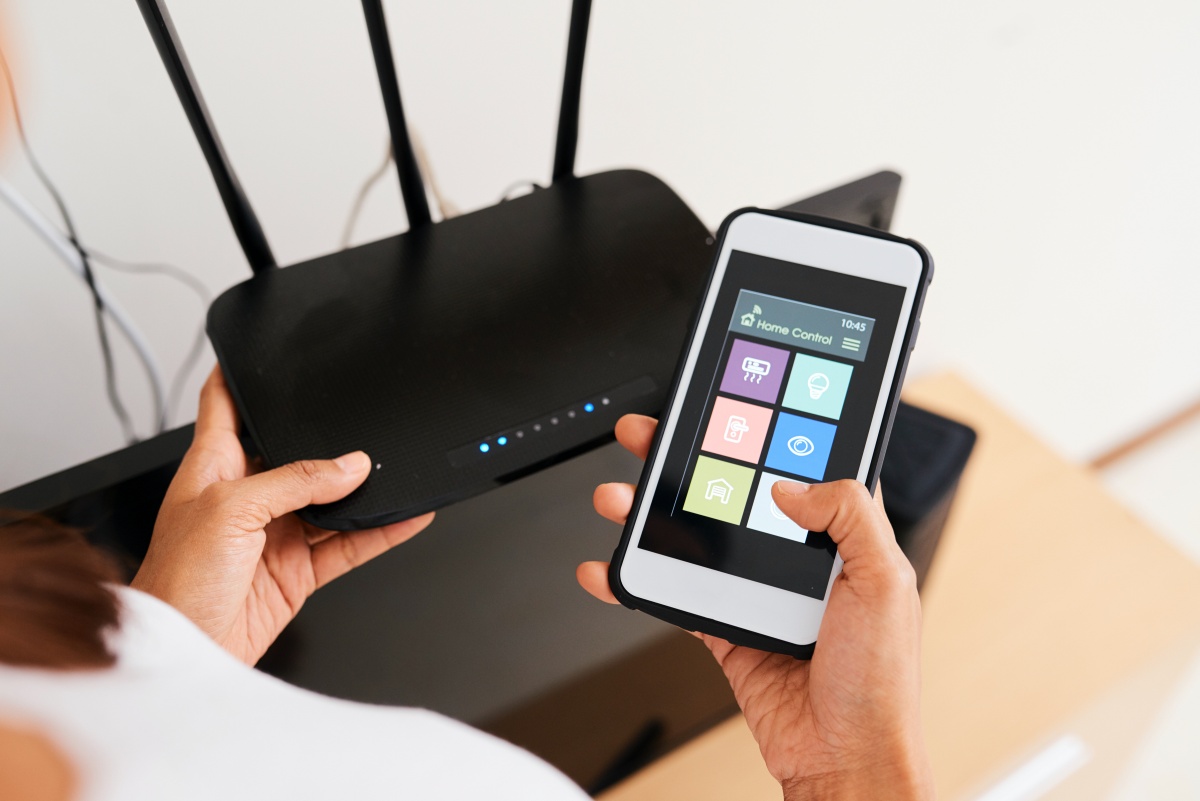
There is a moment . . . okay, a series of moments . . . that test the outer limit of every parent’s patience.
As much as I used the timeout chair on my kids when they were small, there were moments where truthfully I should have been sat on the time out chair when I disciplined them. In some moments, I was worse than they were.
When you’re trying to gain some semblance of control in the home, every parent is driven to try to elicit obedience from our kids.
And you know what? You can get pretty good at it.
I did.
Our kids rarely acted up in public when they were young. They said please and thank you. They were quite well behaved.
Some of you understand the feeling that can create in a parent.
Obedience is something we can want from our kids.
Let’s face it. Well behaved children can. . .
boost our self esteem.
make us look good in front of our friends.
impress the grandparents.
reduce our stress.
make us feel like we’ve won.
But do we win?
Scratch that. Here’s a better question: Do they win?
Or do we just end up raising performance addicts? Children who behave. . .
to impress,
to placate,
to calm things down. . .
because they don’t think they have any other options.
I admit, there were moments when I disciplined for those reasons.
But then I realized how shallow and selfish that motivation really was.
Think about it. What if you reversed that? What if instead of wanting obedience from your kids, we wanted obedience for your kids?
A shift in motivation takes the focus off the needs of the parent and places the focus back on best interests of the child.
After all, our kids grow up.
If you discipline with the motivation of wanting obedience for your child, you parent with the end in mind.
You realize that one day (soon) you’re not going to be there. Your control will be non-existent, and they’ll have to make all the decisions for themselves.
Make the shift from “from” to “for” and you’ll see some changes:
Obedience will no longer be something you want from them to get rid of the problem they’re causing you, it will be something you want for them because of the problem they’re causing themselves and others.
Obedience will no longer be something you want from them to make a problem go away, it will be something you want for them to help them solve a problem themselves.
Obedience will no longer be something you want from them to make you look good in front of others, it will be something you want for them to navigate relationships skillfully and humbly.
The list could go on. But do you see the shift?
So what if you decided to be clear on your motivation when you discipline your child?
It might make a small difference today, but I promise you it will make a huge difference tomorrow. Not only in you. But especially in them.
In fact, it’s a shift that could impact them positively for the rest of their lives.




